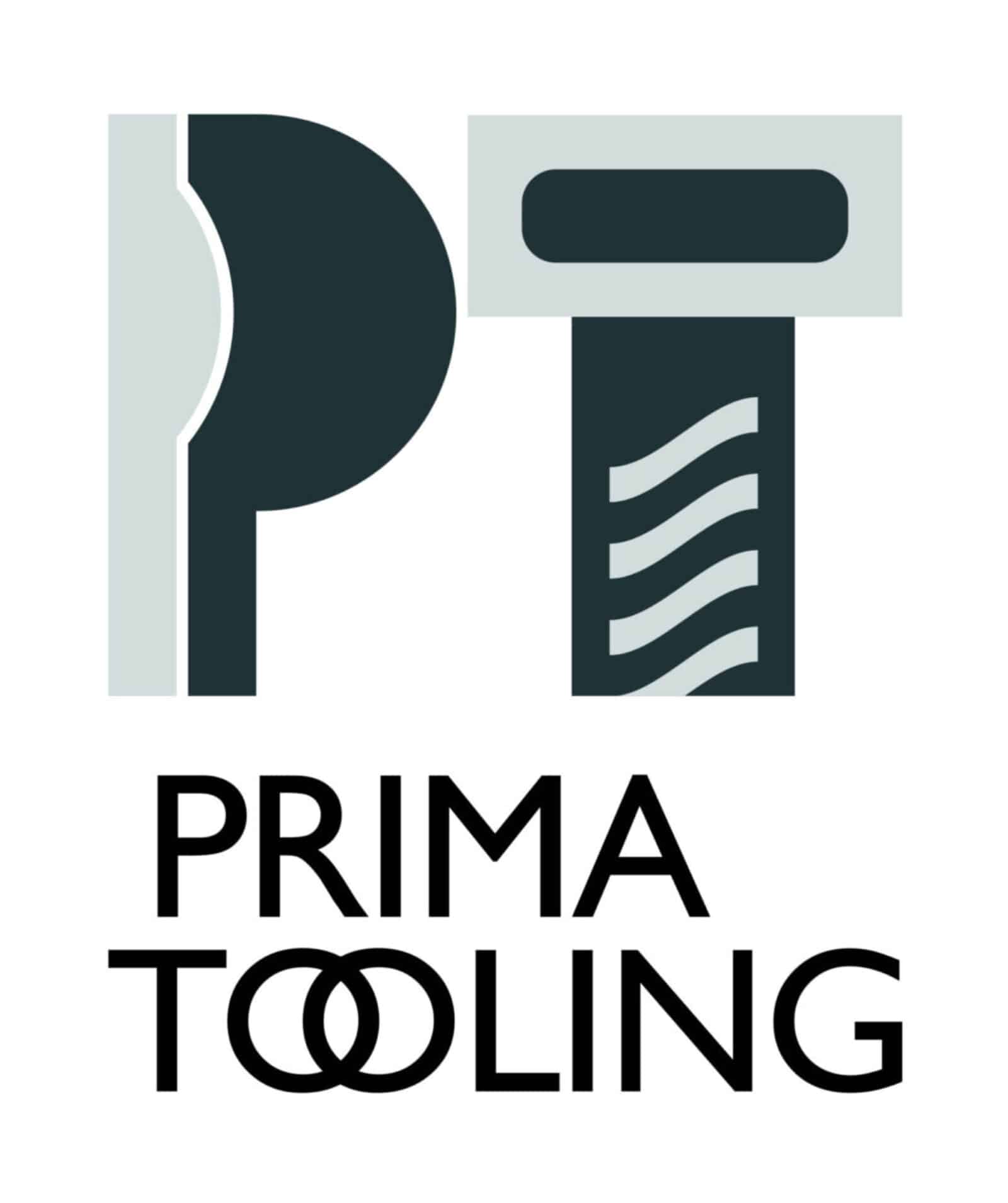There are numerous different types of drill bits out there, each suited for a specific purpose. Drill bits are, by definition, required to work under stress and pressure, so it’s important to choose the right one for the job. Drill bits are also available in a wide range of materials, but there are three main categories: tungsten carbide, high-speed steel, and cobalt. Titanium drill bits, at times mistakenly thought to be crafted from pure titanium, are high-speed steel bits that have been coated with titanium. This week, we’ll be looking at the differences between tungsten carbide vs titanium drill bits, how you can tell them apart, and which tasks each are better suited to!
Types of Titanium Coating
The aesthetics of titanium drill bits depends on which type of titanium coating your HSS drill bit has. There are actually three different titanium coatings you can get for your drill bits:
• Titanium Nitride (TiN)
Titanium nitride is the most popular titanium coating available on the market today. It is bright gold in colour, giving your drill bit a luxurious aesthetic. TiN coated drill bits can run at higher speeds than non-coated HSS ones.
• Titanium Aluminium Nitride (TiAIN)
Titanium Aluminium Nitride has a gorgeous violet hue. TiAIN coated bits can be used on titanium, high-alloy carbon steels, and nickel-based alloys, but not on aluminium itself.
• Titanium Carbonitride (TiCN)
Finally, titanium carbonitride displays a subtle blue-grey shade and is best suited for hard, rigid metals like stainless steel, cast iron, and aluminium.
Function and Application
Carbide drill bits are formed from some of the planet’s hardest materials. This means that carbide drill bits are much harder, but also suffer from a higher level of fragility, than titanium drill bits, which are crafted from high-speed steel, a material with a high strength and low fragility.
This means, if you’re choosing a drill bit for a portable application, where scrapes and impacts on the drill bit may be possible, the titanium-coated HSS is the best option to ensure break-resistance. However, for more static options like CNC machining and engineering tooling, where impact risk is low and pressure is exerted at the right angles, the hardness of carbide outweighs the strength of titanium.
